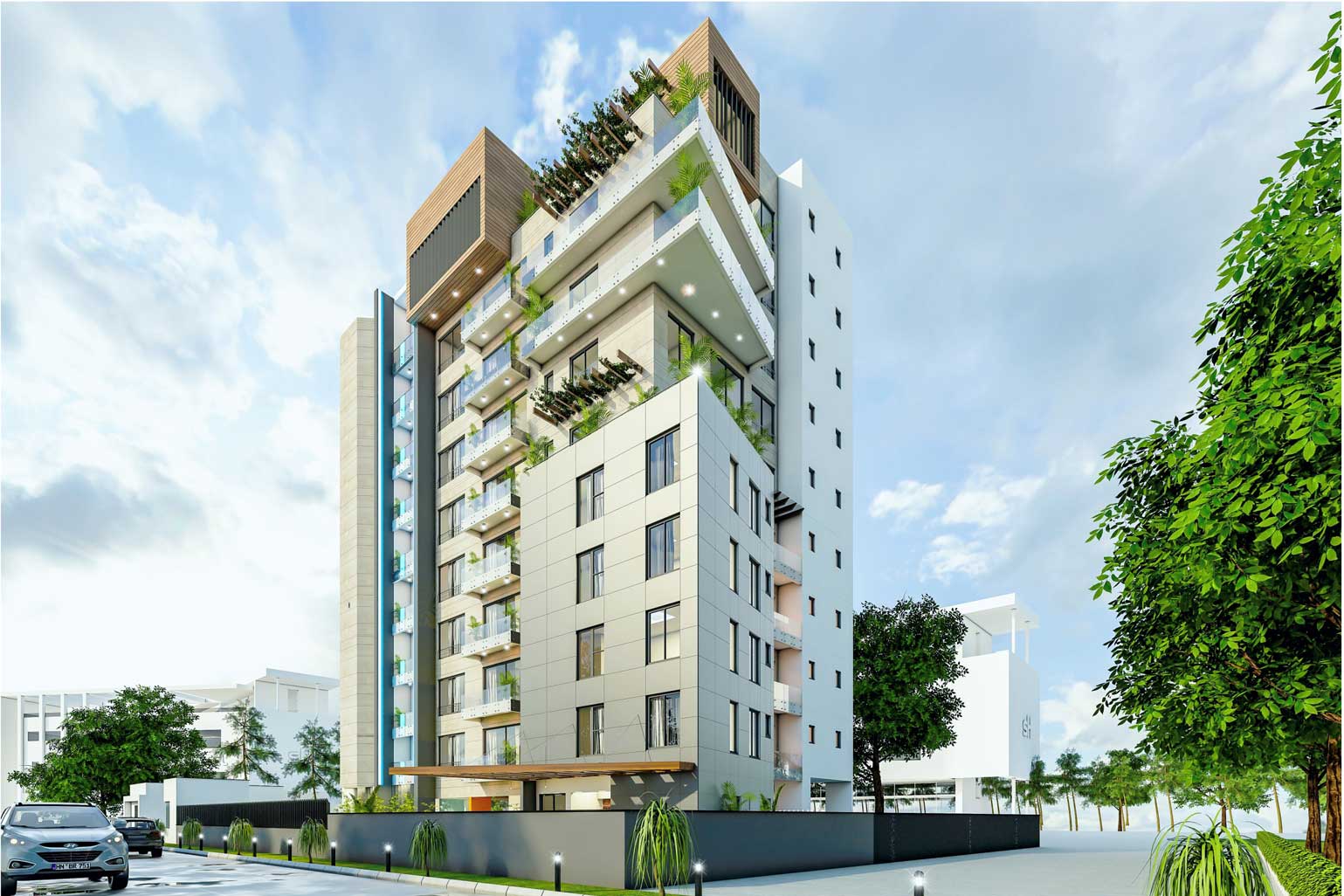
Investing in Ghana Real Estate as an Expatriate
As an expatriate considering real estate investment, Ghana emerges as an enticing destination with multiple reasons to explore its property market. With a stable economy, political stability, a growing middle class, and a range of investment-friendly policies, Ghana offers a compelling case for real estate investment. Moreover, factors such as urbanization, infrastructure development, affordable property prices, and the country’s tourism potential further contribute to the attractiveness of the Ghanaian real estate market. This article will delve into the detailed reasons why investing in Ghana’s real estate as an expatriate can be a wise and lucrative decision. However, it is essential to approach these opportunities with thorough research, professional guidance, and a comprehensive understanding of the local market dynamics.
- Stable Economy: Ghana has consistently achieved positive economic growth over the past decade, with an average annual growth rate of around 6%. This stability can be attributed to prudent fiscal management, diversification of the economy, and an improving business environment. The government has implemented policies to attract foreign investment and made efforts to reduce bureaucratic hurdles and corruption.
- Political Stability: Ghana has a long history of stable governance and peaceful transitions of power. It has held multiple democratic elections since the 1990s, solidifying its reputation as a stable democracy in Africa. This political stability fosters investor confidence and reduces the risk of disruptions to business operations.
- Growing Middle Class: Ghana’s middle class is expanding rapidly, driven by factors such as urbanization, economic growth, and a young population. This growing middle class is increasingly seeking improved housing options, modern amenities, and quality commercial spaces. Real estate developers can tap into this demand by providing affordable housing, gated communities, shopping malls, and office complexes.
- Urbanization and Population Growth: Ghana is experiencing rapid urbanization, with an increasing number of people moving to cities in search of better opportunities. This urban migration, coupled with natural population growth, has led to a surge in housing demand. Investing in residential and mixed-use developments in major cities can capitalize on this trend.
- Infrastructure Development: The Ghanaian government recognizes the importance of infrastructure development for economic growth. Significant investments have been made in transportation networks, including road expansions and upgrades, the expansion of ports such as Tema and Takoradi, and the renovation and expansion of airports like Kotoka International Airport in Accra. These infrastructure developments enhance connectivity, facilitate trade, and create opportunities for real estate investment in areas surrounding these projects.
- Favorable Investment Policies: Ghana has implemented several policies to attract foreign direct investment (FDI) in the real estate sector. The Ghana Investment Promotion Center (GIPC) provides a one-stop shop for investors, offering information, incentives, and assistance with setting up businesses. The government has also established special economic zones and free zones, which offer tax incentives and other benefits to investors.
- Affordable Property Prices: Compared to other countries in the region, real estate prices in Ghana are relatively affordable. This affordability makes it an attractive market for both local and foreign investors, providing opportunities for entry into the market at lower costs. However, it’s essential to consider specific locations, as prime areas or emerging hotspots may command higher prices.
- Real Estate Financing Options: Ghana’s financial sector is well-developed, with numerous banks, mortgage companies, and financial institutions offering real estate financing options. Investors can access mortgage loans, construction financing, and other forms of credit to fund their real estate projects. This availability of financing facilitates property acquisitions, development projects, and cash flow management.
- Tourism Potential: Ghana is increasingly becoming a popular tourist destination due to its rich cultural heritage, historical sites (such as Cape Coast Castle and Elmina Castle), and natural attractions (including national parks, waterfalls, and beaches). Investors can tap into the tourism market by investing in vacation rentals, resorts, eco-lodges, and other hospitality-related properties. This can generate attractive rental income and capital appreciation, particularly in high-demand tourist areas like the coastal regions.
- Natural Resources and Agriculture: Ghana is endowed with significant natural resources, including gold, cocoa, oil, natural gas, and timber. The country is the second-largest producer of cocoa globally and has attracted foreign investment in mining and oil exploration. Real estate opportunities arise from the demand for housing and infrastructure to support these industries. Additionally, Ghana’s agricultural sector presents opportunities for agribusiness-related real estate ventures, such as warehouses, processing facilities, and logistics centers.
Remember, while Ghana offers promising opportunities, it’s crucial to conduct thorough due diligence, work with local professionals, and consider factors such as market demand, location-specific dynamics, legal regulations, and potential risks before making any investment decisions.







Comments - 2
Essential Considerations for Real Estate Investment in Ghana - Blavior
[…] you are investing. In the case of Ghana, there are several key factors you need to know to make informed investment decisions. Here are some important points to consider as a real estate investor in […]
Types of Home Inspections: A Guide to Informed Home Buying - Blavior
[…] with a qualified inspector can help buyers make informed decisions and protect their new home investment. Remember that investing in these inspections is a proactive step toward a smooth and confident […]